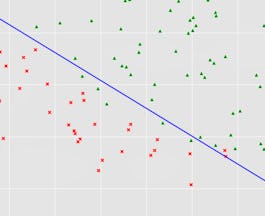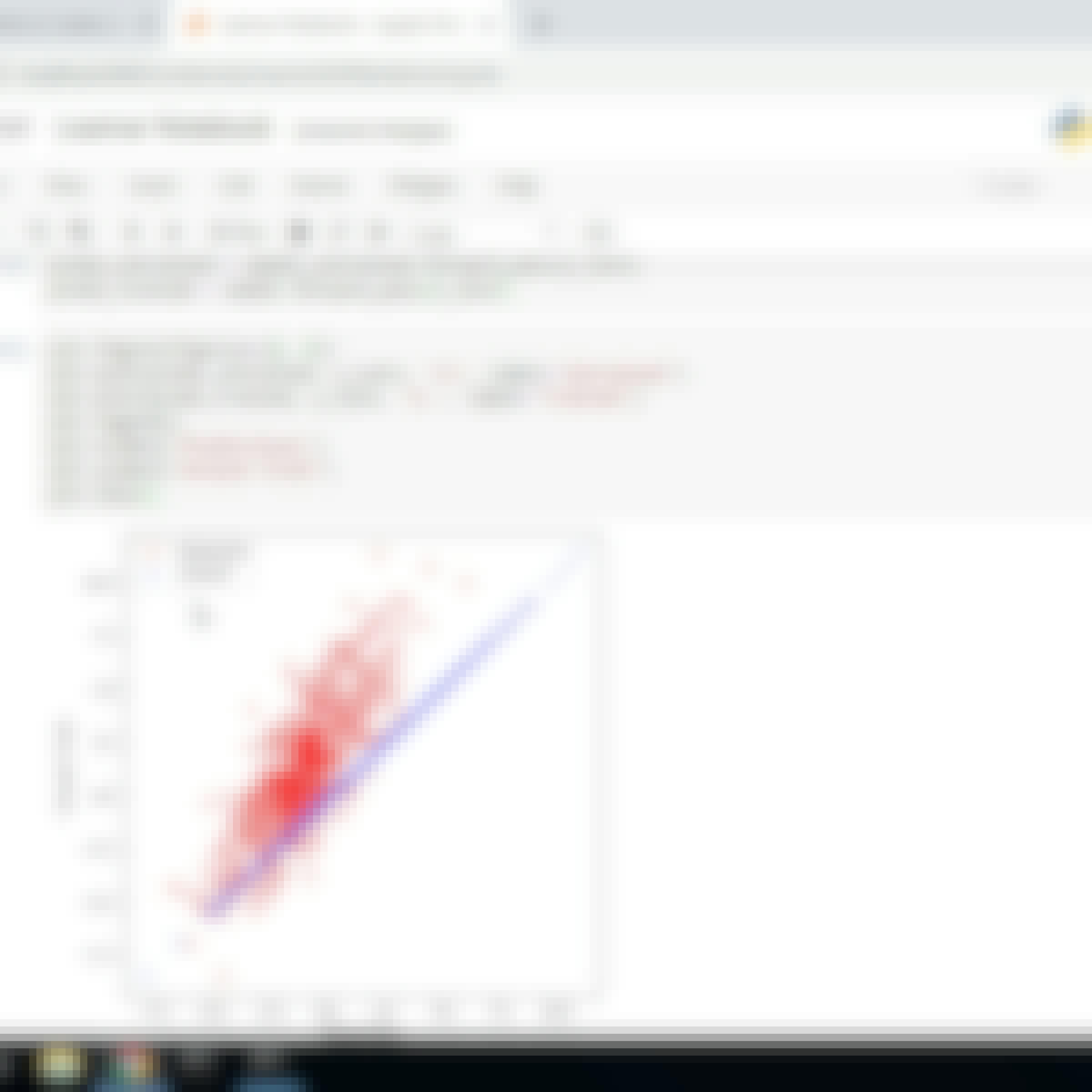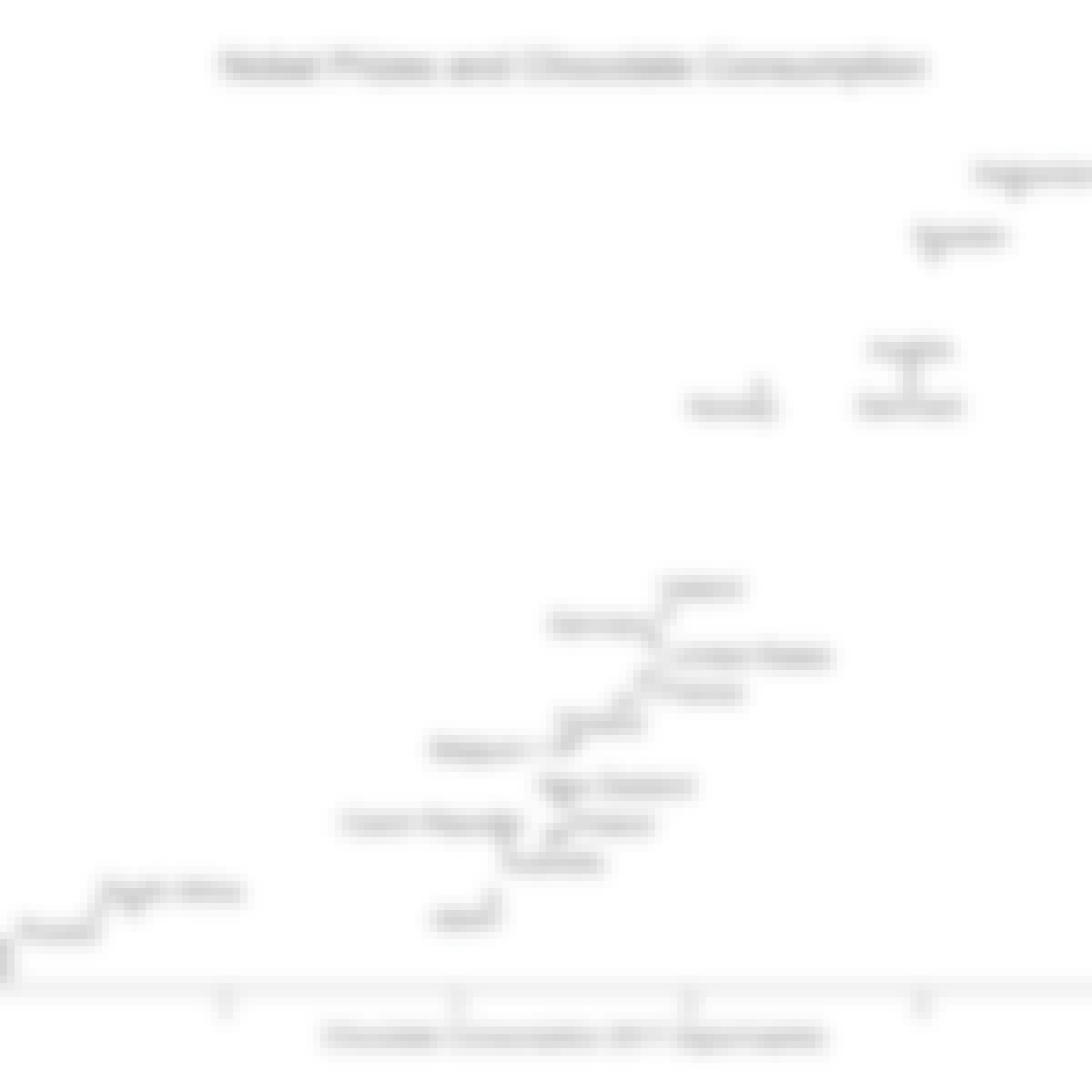Filter by
The language used throughout the course, in both instruction and assessments.
Results for "regression+discontinuity+design"

Coursera Project Network
Skills you'll gain: Product Development

Imperial College London
Skills you'll gain: Data Analysis, General Statistics, Probability & Statistics, Regression, Statistical Tests, Correlation And Dependence, Exploratory Data Analysis, R Programming, Statistical Analysis, Biostatistics

Coursera Project Network
Skills you'll gain: Data Science, Machine Learning, Python Programming

L&T EduTech
Skills you'll gain: Planning

L&T EduTech

University of California San Diego
Skills you'll gain: Probability & Statistics, Experiment, Statistical Tests, R Programming, Statistical Programming, Data Analysis, General Statistics, Probability Distribution, Regression, Statistical Analysis

Coursera Project Network
Skills you'll gain: Data Science, Deep Learning, Machine Learning, Python Programming, Regression
 Status: Free
Status: FreeThe Pennsylvania State University
Skills you'll gain: Planning

University of Colorado Boulder
Skills you'll gain: General Statistics, Statistical Analysis, Probability & Statistics, Regression, R Programming

University of Colorado Boulder

University of Virginia
Skills you'll gain: Leadership and Management, Innovation, Strategy and Operations

Coursera Project Network
Skills you'll gain: Regression
In summary, here are 10 of our most popular regression+discontinuity+design courses
- Product Development using AutoCAD: Coursera Project Network
- Linear Regression in R for Public Health : Imperial College London
- Logistic Regression with NumPy and Python: Coursera Project Network
- Design Concepts in Metro Rails : L&T EduTech
- Design of Precast System: L&T EduTech
- Designing, Running, and Analyzing Experiments: University of California San Diego
- Linear Regression with Python: Coursera Project Network
- Geodesign: Change Your World: The Pennsylvania State University
- Modern Regression Analysis in R: University of Colorado Boulder
- Techniques of Design-Oriented Analysis: University of Colorado Boulder










